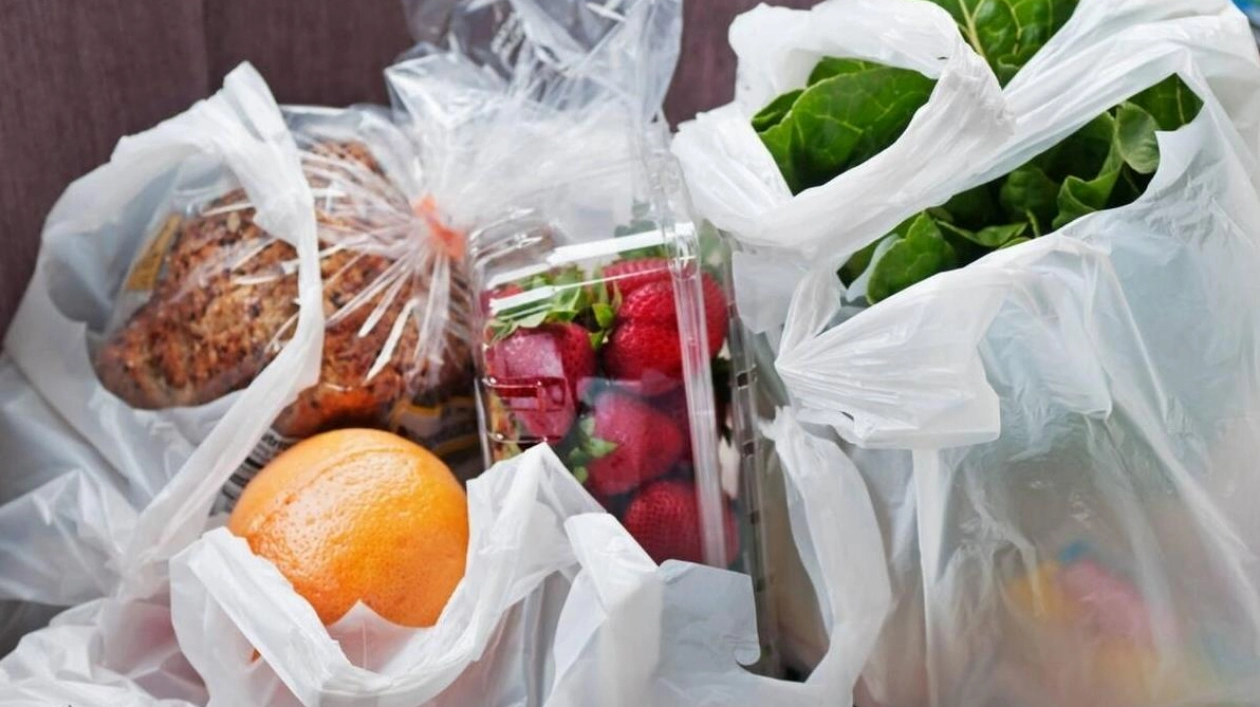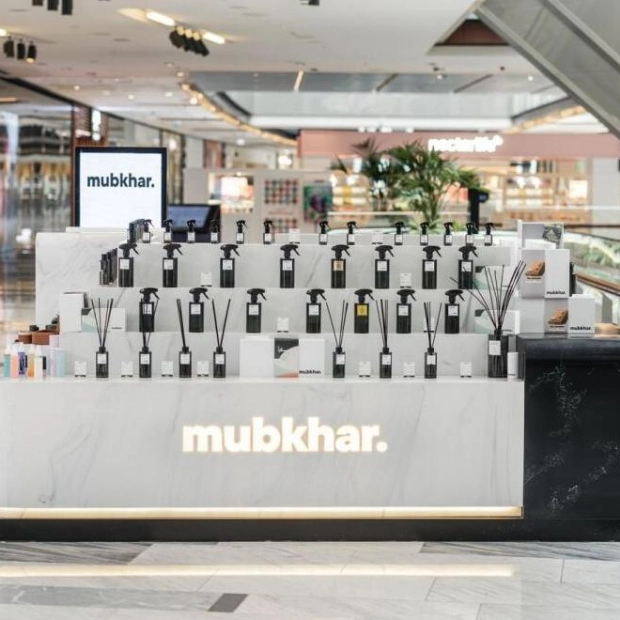In a significant stride towards environmental sustainability, the UAE's nationwide prohibition on single-use plastics has marked a new chapter for its citizens, businesses, and industries. With the final removal of disposable plastic bags from stores and cutlery from eateries, a transformative change has begun. This policy shift prompts an essential inquiry: how have these sectors adjusted to the ban, and what implications does this have for the UAE's sustainability and environmental future? Examining the experiences of those directly impacted, ranging from daily consumers to major industry leaders, offers a deeper understanding of the ban's practical and broader effects. By delving into the responses, challenges, and opportunities that have arisen due to this groundbreaking legislation, we can construct a detailed view of the UAE's trajectory towards a sustainable future.
The government's role was pivotal in the ban's implementation, through extensive awareness campaigns and the introduction of tariffs aimed at curbing single-use plastic consumption. This approach not only prepared the public but also set the stage for a comprehensive ban on other plastic and foam products by 2026. Residents swiftly adapted to the new rules, adopting reusable shopping bags and exploring eco-friendly options, driven by a commitment to safeguard the environment for future generations.
The ban significantly altered shopping behaviors, with many residents opting for reusable bags and cardboard boxes for groceries. This change not only responded to the ban but also embodied a growing environmental awareness within the community. Despite initial challenges, particularly concerning the cost of alternatives, the overall response was positive, aided by affordable options and ongoing public education.
The retail sector was among the first to respond, introducing non-plastic and reusable bags, backed by extensive campaigns to educate consumers on the environmental impacts of single-use plastics. The food and beverage industry also transitioned, using paper bags and recyclable materials for deliveries, and some even replaced plastic utensils with eco-friendly alternatives, demonstrating a commitment to sustainability.
The packaging industry faced the challenge head-on, developing sustainable alternatives such as paper bags, recyclable plastics, and biodegradable materials. Investments in advanced technologies facilitated the production of eco-friendly products that minimize carbon emissions and pollution. The promotion of closed-loop systems, where used packaging is recycled into new products, significantly contributes to a circular economy.
The ban presented both opportunities and challenges for businesses. Local UAE brands faced competition from multinational corporations but leveraged their understanding of local consumer preferences to tailor their offerings. These brands also supported the country's economic diversification by investing in sustainable practices and showcasing local talent.
The long-term impacts of the ban are substantial, including enhanced environmental protection, increased public awareness, and the adoption of sustainable practices. Ongoing efforts, including investments in sustainable technologies and collaborations between businesses and consumers, are crucial for the ban's success. The UAE's ban on single-use plastics signifies a major step towards sustainability, fostering a culture of environmental responsibility and promoting eco-friendly alternatives.






